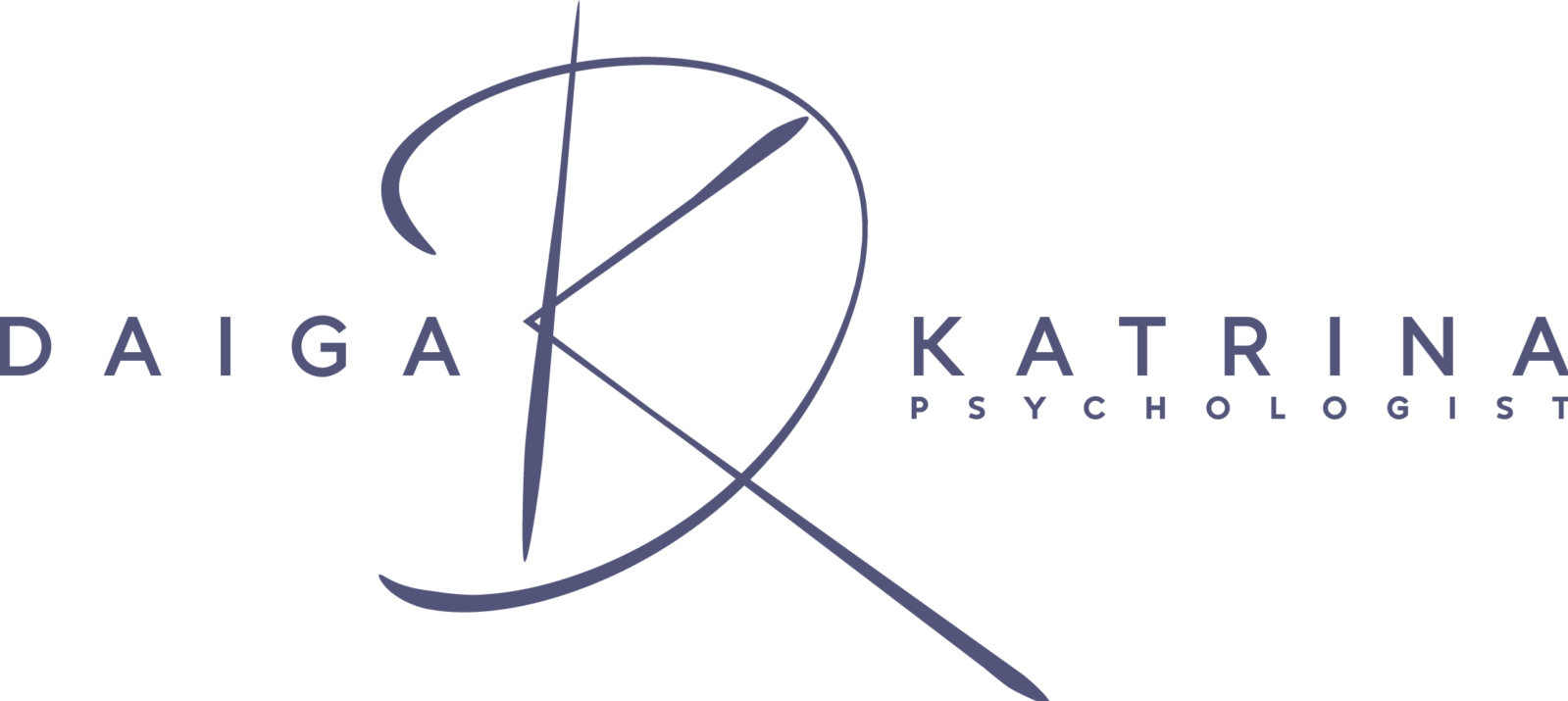-
Visit Our Place
91-6 Čaka Street, Riga
-
Tr. - Ce. 9:00 - 18:00
- Request a visit

one-day workshop
"Identity exploration"
ABOUT THE GROUP
What is Identity Research and what topics does it cover?
A workshop for those who recognise an inner sense that they are not living their lives as they would like. For those who want to understand how to support their authentic nature and take steps towards a conscious life - for those with the desire and need to find or strengthen a "reference point within themselves". Through practical exercises, participants are given the opportunity to deepen their self-experience, to notice and integrate facets of their identity that they may not yet be aware of.
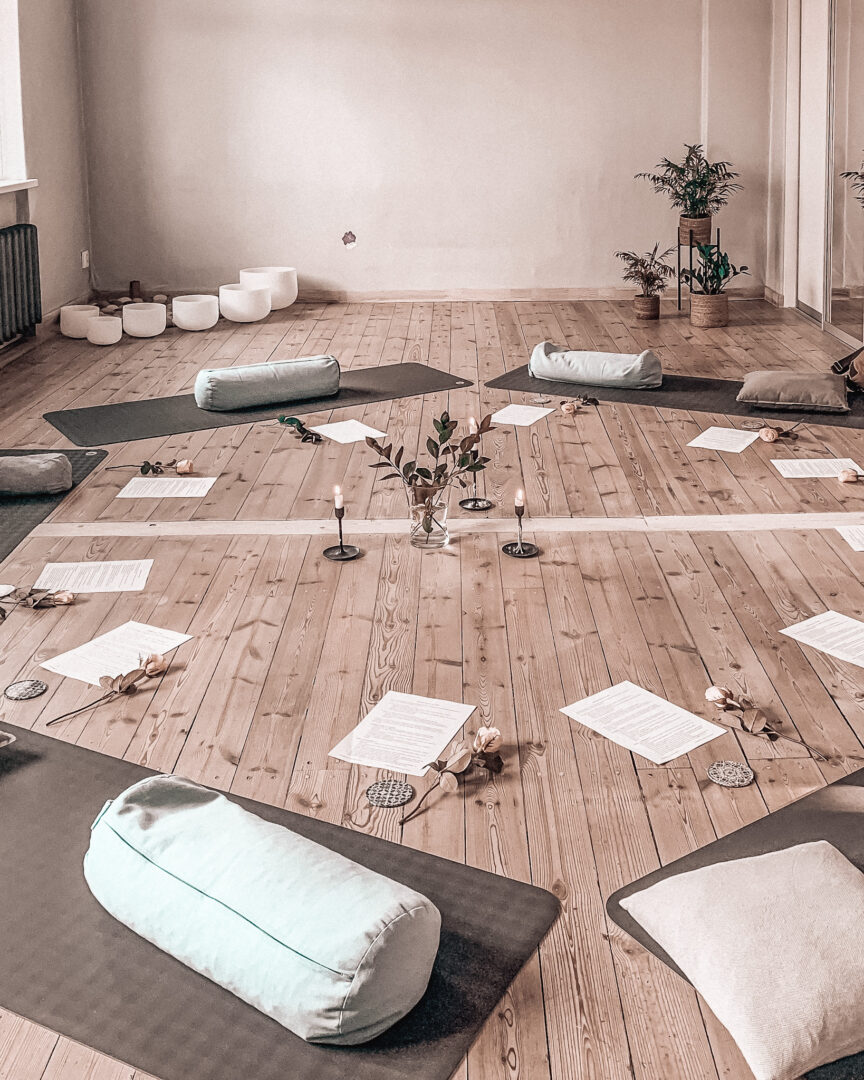
-
Why is a sense of identity important?
A person's ability to function as a person, to fulfil himself or herself in society, and to follow a path of spiritual growth, is largely determined by his or her sense of the stability of his or her identity.
-
How is a strong sense of identity linked to well-being?
People with a solid sense of self have an understanding of who they are. This in turn makes it easier to make choices in life, set and achieve goals, build relationships with peers and move along their life path with a higher sense of well-being. People with stable identities shape their lives consciously, rather than being driven by circumstantial impulses.
-
How is a stable sense of identity linked to a person's value system?
A stable sense of identity is usually linked to a clear personal value system. A stable sense of values helps you to make decisions, choices and attitudes towards your peers and the world more easily.
-
How does a strong sense of identity contribute to a person's ability to express their authentic nature?
Understanding one's identity helps people to accept themselves more easily, recognising both the positive and negative aspects of their personality. It makes it easier to connect with oneself, one's attitudes towards oneself and the world, one's emotions and feelings, and promotes authentic living.
-
What is the programme of the Identity Exploration workshop?
In the workshop, we look at the concept of identity as it moves from theory to practice, to deepening and integrating experience.
9:45-10:00 - arrival, familiarisation
10:00-10:30 - Meet the group members
10:30-12:00 - review of theories on identity and related concepts in psychology
12:00-13:30 - exploring participants' identities through practical exercises
13:30-14:30 - lunchtime (participants are responsible for their own lunch)
14:30-16:00 - exploring participants' identities through practical exercises
16:00-17:00 - Deepening of the exercises through a gentle breathing practice based on the rebirthing breathing approach, combined with guided meditation and crystal bowl sound therapy
17:00-17:30 - reflection, integration, closing -
Where and when does the workshop take place, and how many people per group?
The workshop takes place on site, in the centre of Riga, in groups of up to 10 participants. Participants will be informed of the exact location of the workshop upon registration. A new "Identity Exploration" group is organised every now and then - the next scheduled dates are published in Groups.
-
What is the fee for the Identity Exploration workshop?
The fee for the workshop is EUR 95. Participants will receive a prepaid invoice upon registration.
-
How to apply?
To express your interest in participating in the workshop "Exploring Identity", please send an email to daiga.bitena@gmail.com!
ABOUT THE GROUP
Who is the right person for the Identity Exploration workshop?
Situations and states in which a person may be interested in attending the one-day workshop "Exploring Identity".
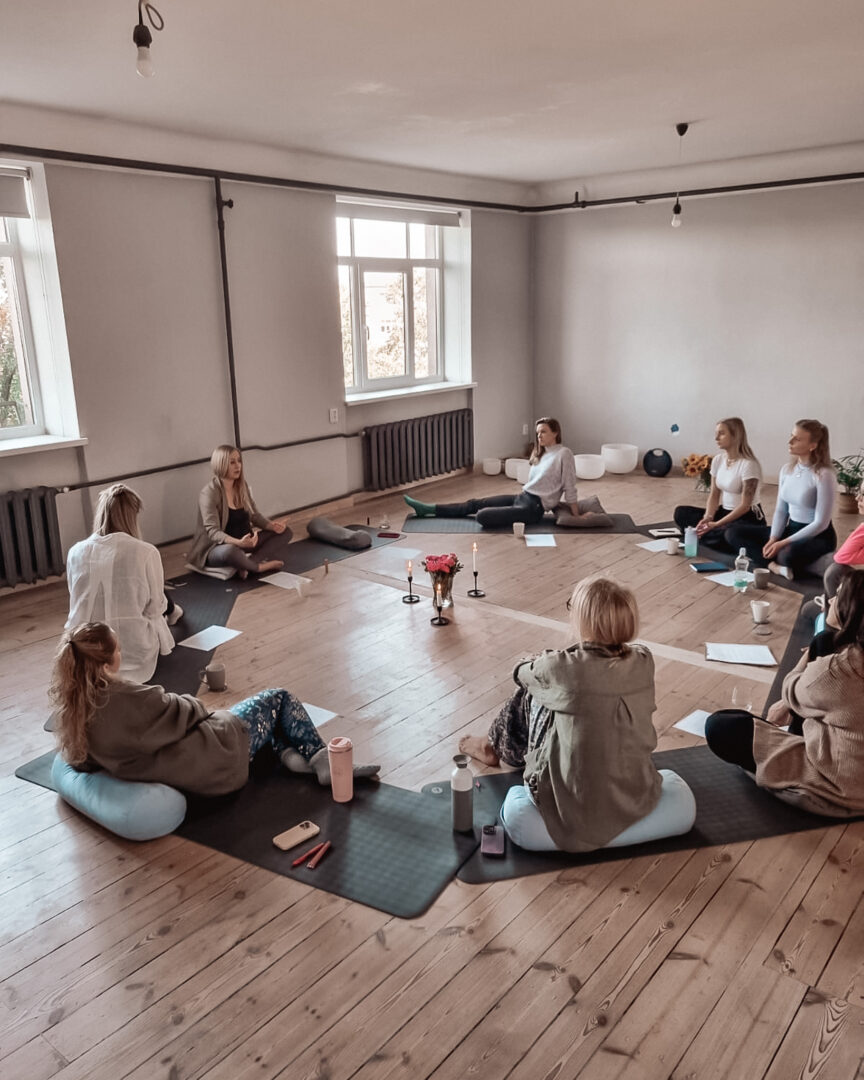
-
Experiencing the feeling of not living your life
People feel that they are not living their lives as they would like. For example, it is more common to feel that life is lived for other people - to fulfil the needs of others, to make others happy, to prove something to others.
-
A person avoids getting involved in conflicts
It is difficult for a person to come out even in a legitimate conflict, to express their frustration and to set healthy boundaries.
-
Seeking too much approval from others
In relationships with other people, one strives for a sense of acceptance, of being accepted, validated, affirmed that one is good enough.
-
People live their lives trying too hard to conform to social norms
People live according to what they have heard, read and seen about how they should live - how it is right. So much so that he wants to conform to the norm, he puts it aside, sacrifices how he really wants to act in situations.
-
The person experiences difficulties in making independent decisions
It is difficult to make independent decisions, you need the approval of others, reassurance that you will do the right thing. There is uncertainty, indecision and difficulty in making choices. Easily influenced by circumstances - driven more by circumstances than by the individual.
-
It is difficult for a person to say "no" to another
People tend to be overly accommodating to other people's whims, desires and opinions, have difficulty saying "no" and setting healthy psychological boundaries.
-
It is difficult for a person to understand his or her own wants and needs
The person has difficulty listening to themselves - to their urges and desires; they have difficulty getting in touch with themselves, their emotions, their feelings, their body.
-
Confusion, uncertainty about where life is going
A person feels lost and confused about his or her path in life, uncertain about oneself and one's role in the world.
-
Feeling out of place in society, in certain groups
People have difficulty feeling part of different groups, collectives and societies.
-
A person is confused about the role of his or her personality in the context of spiritual development
The person interested in and practising spirituality feels a dissonance with the popular notion that the spiritual path requires letting go of the ego, of the personality. There is confusion and questions about the role of the Ego on the path of spiritual growth.
Group Leader
"The Identity Exploration is led by a clinical and health psychologist specialising in psychologically healthy spiritual growth. Researcher in spiritual practices and spiritual experiences Daiga Katrīna.
Psychoeducation
Internships,
tasks
Negotiations,
Sharing

ATSAUKSMES
Evaluation of previous participants
An effective workshop with the right doses of theory, practice and networking. Daiga and Ieva, like a "glove with a hand", create a safe space to see the beautiful in the ugly. Being and creating together with a humble and inspiring aftertaste.
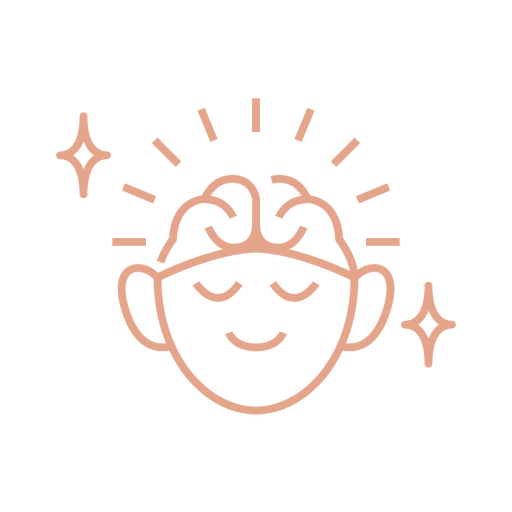
Participant No 1
in the workshop "Exploring Identity"A very valuable day! My mind was fed with theoretical information, which helped me a lot to understand how my "I" works in everyday life! In the practical part I experienced the whole gamut of emotions! The energy of the group allowed me to experience facets of the other participants that are also reflected in me, maybe even stronger than my own feelings. A wonderful opportunity to get to know myself better and to understand the next steps for my growth! Thank you Ieva and Daiga, a wonderful tandem!❤️

Participant No 2
in the workshop "Exploring Identity"Thank you for such a cool event and format. It was very interesting and valuable from start to finish. The theoretical part was so easy and understandable and the practical part was so unexpected and valuable. I was able to look much deeper into myself, to understand what I need to focus on and also to find some answers to my questions. The inspiration I get from this day and the group is priceless. I would highly recommend this event to anyone who wants to better understand their personality later on.

Participant No 3
in the workshop "Exploring Identity"It cannot be described, it has to be experienced. It is not voodoo, but based in ourselves. It is an opportunity to look at our inner self of this moment from the outside. And to vibrate the dice that jumped out at the end. One day to dedicate to yourself and only yourself.

Participant No 4
in the workshop "Exploring Identity"I liked the methods used to help participants better understand the theoretical basis of the workshop. I will remember them vividly because I am a visual person and a practitioner, so I will be able to use them in my daily life to develop myself.

Participant No 5
in the workshop "Exploring Identity"The workshop very clearly awakened in me a healthy amount of rationality to see reality and myself as a more multifaceted person than I imagined. It showed me all my facets and allowed me to see how they help each other and how trying to keep one or the other aside because some of them seem bad makes me not accept myself. The space that Daiga and Eve created was safe, warm and accepting to deal with all of this on a deeper level. Thank you! 🙏🏻

Participant No 6
in the workshop "Exploring Identity"The three elements that characterise this day are - valuable, amazing and I want to repeat this practice. I really liked the structure of the workshop - a clear plan, clear boundaries on what is being done and it is evident that the facilitators understand how to manage the process so that the intended goal is achieved. ✨ I liked that the practical part complemented the theory. The practical part surprised me - it was a bit scary, but the interest in what will happen, what I will see in myself, prevailed. The feeling of security created by the participants, the group and the environment helped to overcome the fear. I got a lot of power from the practice - I saw a lot of power in the supposedly destructive part of myself.

Participant No 7
in the workshop "Exploring Identity"I had imagined that the workshop would give me theoretical knowledge that would help me discover more about myself. The lesson surprised me because I was not expecting a direct, practical exercise. However, at the end I realise that I got an answer to my question, but from a completely different angle than I had expected. The answer itself was not what I expected, but it made me think. I am trying to let this information 'sink in' in order to move forward in my development. Blessings. I look forward to the next meeting!

Participant No 8
in the workshop "Exploring Identity"Thank you both for your hard work, the knowledge you have given and the practical feeling and emotions you have experienced. This morning I am sitting down with a warm cup of tea, yesterday's notes and writing in my diary - my values (what I stand for and what I stand against) - and everything is starting to become clear to me. I know what I stand for and I know that I will be able to withstand my anxiety on a daily basis in order to keep my boundaries. I am good if I take care of my own well-being instead of pleasing others🙏 Thank you for your sincerity, openness, care and love in working with me!💎

Participant No 9
in the workshop "Exploring Identity"It was the second time I took part in the Identity Study and I already knew that it would be a different experience because it was a different group. Although some of the theory was repetitive, this is knowledge that can be heard again and more fully each time. The first time I saw an unexpected destructivism in my identity that gave me a terrible power. The second time I discovered - very cool identity traits(albeit peculiar) that brought genuine laughter, a sense of simplicity and peace that there is also real cool with me. The breathing part pulled together the feelings of the day like a kind of self-soaping sweet dish. This offering by Daiga and Eve is a process that everyone should experience, but first for those who want and are looking for ways to make friends with themselves. Thank you!

Participant No 10
in the workshop "Exploring Identity"The workshop led by Daiga and Ieva is a great tool and at the same time a practical experiment with lasting knowledge and experience. As a young woman who has been interested in self-discovery and exploring all sources of information for some time, this workshop was an encouragement to put everything I already know in one place - within myself - and to feel it bodily, to see it, to anchor it as my strength. The practical part of the workshop was unfamiliar, but these spaces and the presence of these people created an unquestionable trust and confidence. I take with me a curiosity to experience systemic alignment practice one more time; a release from the preconceived notions of how to "quickly and easily" get/manifest my ideal self; new questions about myself. For example, how is it that it is easier to open up emotionally in a room with complete strangers than with loved ones? The belief that this journey of identity exploration can be done with humour and tolerance, because it is a lifelong journey. Ideals are rare. These workshops are a new way for me to spend time with myself. I particularly like the aftertaste I have felt today, that is, two days after the day of the workshop - the session had a beginning and an end. It doesn't demand a continuation, but it doesn't prohibit the beginning of new processes either.

Participant No 11
in the workshop "Exploring Identity"Going to the identity research group, I felt sullen. It had been a while since the day I signed up and the details of the workshop had already faded in my mind. In fact, I didn't really know what to expect from the day, what was going to happen, whether I wanted to experience it, whether I was even ready to spend the day with a bunch of strangers. All I knew was that I NEEDED this class - after all, I had signed up for it on purpose. I relied on this fact and "dragged" myself to Riga. Now, a few days after the seminar, I want to smile at my doubts. Everything that happened - from the smell and the warmth in the room to the information, the people and the practice - was like the missing pieces of a jigsaw puzzle. Or - like a long-awaited and finally received addition to my inner strength. From time to time I find myself lost in reflection on what I have learnt. About myself. How I ripped open what hurts and put it back together - only in a more logical and conscious order. And today I look at my inner black thoughts, soegis and critics with much more gentleness, tolerance and understanding. Now I know what they are called. And I know where they belong and where I belong. One Saturday has given me so much. Literally, an identity exploration has taken place. You don't have to be smart, super aware or super knowledgeable to experience and feel it all. You just have to let it happen and trust the process. And the process is spectacular and unforgettable. This day is the best and truest thing I could do for myself right now.

Participant No 12
in the workshop "Exploring Identity"What are your wishes?
The content of this website may only be quoted, reproduced, republished and otherwise distributed in accordance with applicable copyright laws. For commercial use of the content, please contact and obtain permission.
